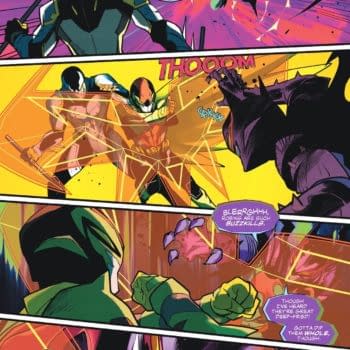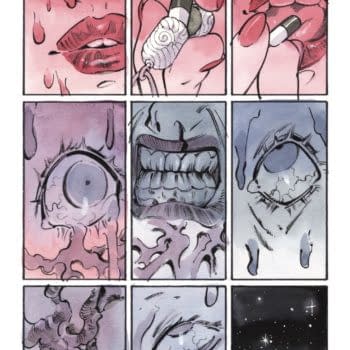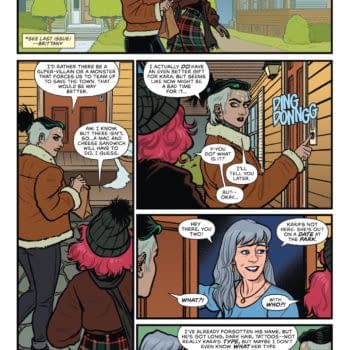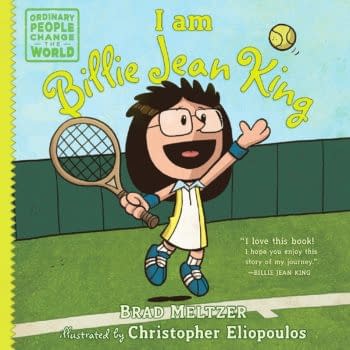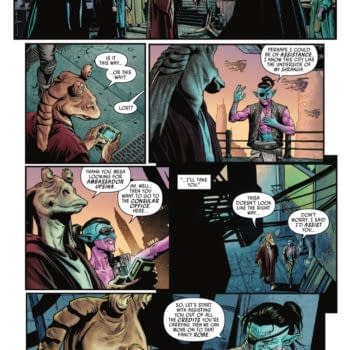Posted in: Comics, DC Comics, IDW | Tagged: corto maltese, frank miller, hugo pratt, The Suicide Squad
Corto Maltese is More Than DC's Despotic South America Country
Corto Maltese is the main setting of The Suicide Squad. It is DC Comics' standard corrupt South American country for putting corrupt dictatorships in, the same way Markovia is DC's stand-n for Russia, all for telling Cold War-style political stories, the same way Marvel uses Madripoor as a stand-in for a corrupt Southeast Asian rogue state. This is, so the comics don't risk naming the actual countries they're based on.
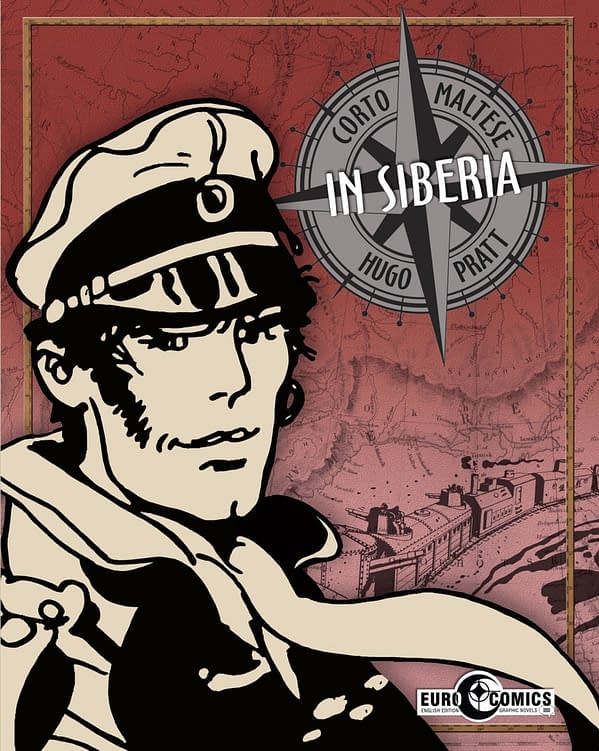
Corto Maltese has been the go-to despotic South American state in virtually every medium since Frank Miller named it in The Dark Knight Returns back in 1986. It's been used in the DC animated shows, mentioned in the CW shows, even in Christopher Nolan's Dark Knight Trilogy. Its true nature is in danger of being overshadowed by being a fiction despotic country for Cold War stories in DC superhero shows and movies. Miller only gave the island a name. The name already existed – it's the name of the hero and title of an Italian comic series, considered one of the greatest comic book series of all time. And now the original version and meaning are being overshadowed by the DC movies.
Corto Maltese was a series admired by many comic creators, including Frank Miller. His naming of "Corto Maltese" was his homage to the comic and its Italian creator Hugo Pratt. Pratt's art was as much admired as his storytelling. His use of black and white was stark and stylized, communicating a lot with very little, the mark of a master. He had stylistic similarities with Alex Roth, another master of the pen-and-ink. Corto Maltese, the eponymous hero of Pratt's series, was a wandering sea captain who often stood up for the oppressed and downtrodden and hobnobbed with real-life political and literary figures like Rasputin, James Joyce, Josef Stalin, Ernest Hemingway before the Second World War.
Pratt's series ran from 1967 to 1989, and the art and storytelling became increasingly experimental as it went along. Corto Maltese embodied Pratt's belief in personal freedom and leftist politics as he helped out the underdog ad sided with anti-fascist forces. Pratt passed away in 1995, and the series was continued by new creators in 2015 but lacked Pratt's original flair. Considering Corto Maltese was a leftist defender of the weak and friend to everyone he met, it's ironic that DC's Corto Maltese is always a literal island of corruption.
The original Corto Maltese stories have been translated and collected into graphic novels, most recently by IDW, and are well worth reading if you haven't.









